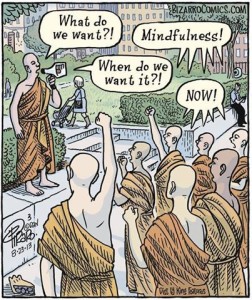Ahhh Spring!
Every year, like clockwork, Nature does her thing. No matter how harsh the cold or how devastating the winter storms, she draws on some unseen power and regenerates life. Around our house the vegetable seeds are sprouting, fresh leaves are filling the branches of the once dormant trees; insects are spreading the pollen and feeding off the nectar coursing through the stems to the flower blossoms.
This is the rebirth that happens every year and it is something that we can incorporate into our own lives. In order for us to grow and learn, it is important for us to consistently regenerate, otherwise we can easily remain dormant and lethargic. This applies to everything: marriages, relationships, organizations, families and the overall path of our journeys in this world.
SA – Just like Nature, we draw power and energy from somewhere. You can call it what you want: God, infinity, or vibrational or celestial energy. What we call it doesn’t matter, knowing it exists, does.
TA – This energy or power flows through and out of us and helps us create and manifest the events of our lives. We could be starting a new job or rebuilding a long time business, creating a family or forming a new relationship.
NA – However, it is impossible to sustain ever-increasing energy and growth for long periods of time. It is important for us to rest, like Nature, so we can regenerate again. This dormancy is a temporary death and during this time it is helpful to consider the things that we maybe need to change or to let go of so that we can rebuild stronger than before. Nature, again, teaches us this. In the Autumn only the leaves fall off the trees but the core of the tree remains intact and unchanged.
MA – Come Spring, new leaves appear and the core of the tree grows stronger. This is the same tree and yet all that has visibly changed are the leaves. The tree let go of the old leaves and grew new healthier ones.
If we were to perhaps consider our marriage or our relationships, what could we let go of that would allow new growth, new energy? If organizations had the foresight to recreate themselves before a crisis demanded it, how would it change their ability to navigate a constantly changing and uncertain global economy?
If, as individuals, we were able to find the courage to let go of the things that no longer served us (uncertainty, fear, procrastination, judgment, anger) how would that benefit our long term health and well-being?
Life isn’t one constantly upward trajectory, it is an ongoing regeneration. Nature teaches us well. All we need to do is observe and learn.





